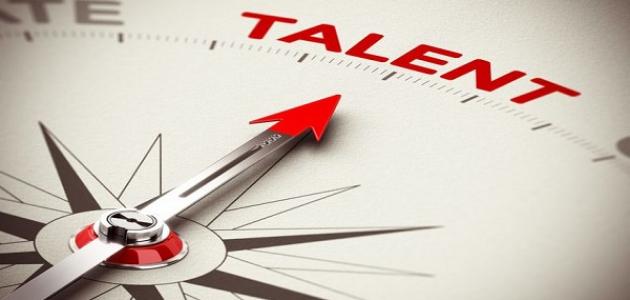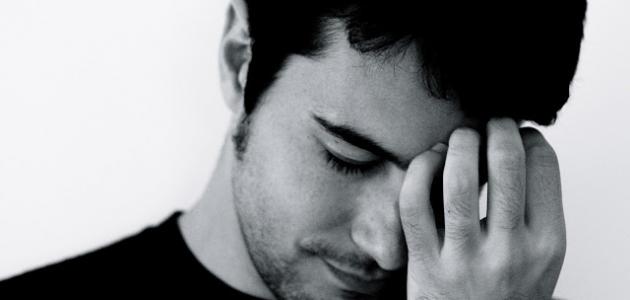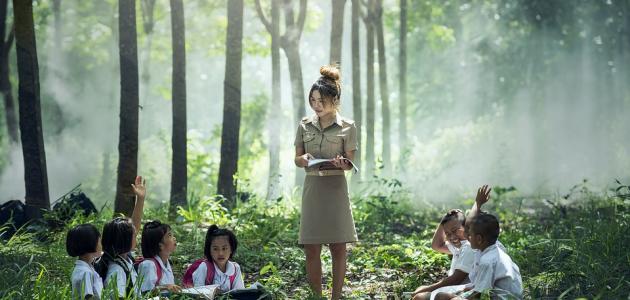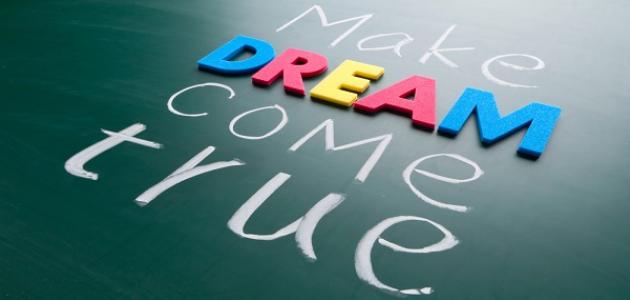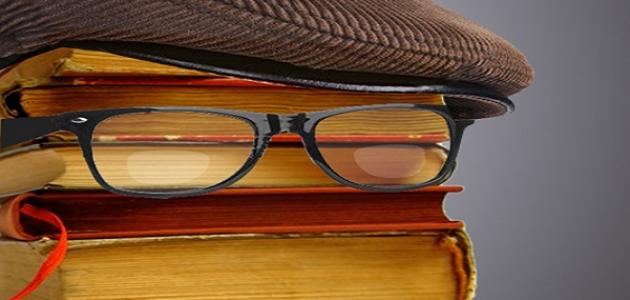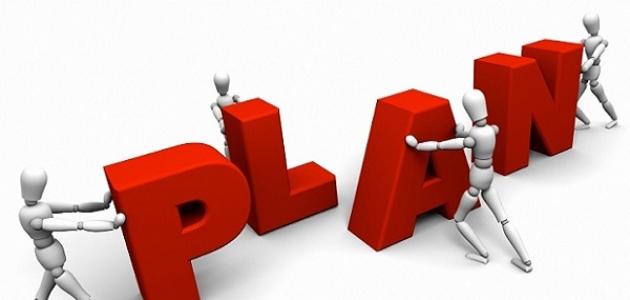talent
Recently, there has been a great interest in the different talents of all age groups, and many programs, competitions and workshops that support and develop talents have appeared. Also, talent has become an important element that societies pay attention to. Due to its role in growth and prosperity in various fields. Talent is a language and an innate and acquired gift, and it is defined idiomatically as general or special abilities that make the individual distinguished from others in one or several fields, and it indicates a high level of thinking and performance, and it is not required that it be related to the intelligence of the individual, as it is in its origin special abilities that the person possesses innately. It may be mental abilities linked to intelligence, or an innate willingness to acquire a skill.
talent discovery
Parents may discover the talent of their child at a young age, and they take it upon themselves to develop and exploit it, and this talent may remain tender in need of someone to take care of it, and the talent is often buried, and its owner does not know that he possesses it, and he believes that he does not possess any talent, so he is confused in the direction that he should take. in his life; Therefore, a person must seek to discover his talent in various ways and methods.
The contemplative stage
There is a huge number of talents that an individual may possess; So he must start discovering his own talent by limiting it. In this way, he can use a set of contemplative and discursive methods with himself or with others to reach it, including:
Read also:How to be content- Bringing back childhood memories: And remember the things that aroused his attention, or the activities that he longed to do in his free time, as these things may still interest him, or be a key to knowing his undiscovered talent.
- Following passion and inspiration: They are two engines of abilities, so knowing the things that motivate and inspire a person may be evidence of his innate readiness for a talent.
- Fixing the easy ones: As it is possible to identify the things that a person feels easily in their work, and that they do not feel stress or discomfort when they have to, it may be easy because it is a talent that they enjoy.
- Use of close associates: Family or friends may notice the presence of some distinctive aspects in a person, and receive praise for them, so that these aspects are strengths in the person and an opportunity for him to be a talent.
The practical stage
The critical stage of discovery begins when a person begins to practice and move in pursuit of discovering his talent, and among the things that can be done:
- break the routine: When a person practices a repetitive routine, he will not try anything new and will not discover his talent.
- Getting rid of fear: A person lives refraining from trying something new for fear of failure or criticism, so he must get rid of fear and start practicing everything he wants to try, as one of them may be his lost talent.
- Try a lot of activities: A person has to try different activities and move from one activity to another, until he reaches a point where he feels happy and enthusiastic about the activity he is practicing.
- Capacity Development: The capabilities that some people possess are talents that are practiced as a routine, so the person does not think that it is his talent, so when developing it and joining the courses and lessons that it develops, it appears as a talent that distinguishes him.
Tests and metrics
There are some tests and measures that are conducted to detect the gifted, including:
Read also:How to be yourself- Individual intelligence tests: Which measure an individual's mental ability in general, including the Stanford-Binet scale, and the Wechsler scale.
- Collective intelligence tests: It is applied to a group of people at the same time, and it shows the mental capabilities of the person, including Raven's sequential matrix.
- Achievement tests: These tests are based on knowing how much a person is willing to learn in a field.
- Creative thinking tests: The most famous of these is the Paul Torrance test, which measures the four creative thinking abilities: originality, flexibility, fluency, and awareness of details.
- Rating scales: Which reveal learning, motivational, creative, artistic, leadership, theatrical, expressive, effective communication, and planning features.
Promote and develop talents
Talent alone is not enough, as the individual needs to strengthen this talent, and direct it properly so that it becomes more creative and giving. This can be achieved by paying attention first to the person's self-confidence, as lack of confidence creates a ceiling for talent that cannot be penetrated. Secondly, it is necessary for the person to initiate and break the barrier of fear from the first step he has, and to overcome the obstacles and problems facing him. A person should also have a passion for his talents, as he has the energy to help him work and determination to develop his talent. The most important thing that a talented person can do is continuous training, so he does not rely on the gift and is satisfied with it, but always strives to work hard to develop it. A person should form relationships that support him and take his talent in a positive direction, and try to develop his talent with a group of people. Teamwork strengthens and supports talent, and helps to get rid of its weaknesses.
Read also:How do I prove myself?Kinds of talent
Every person possesses a kind of intelligence, which translates into a talent that he possesses. The types of intelligence are not limited to the usual pattern of academic and scientific intelligence, as the mind has diverse and broad frameworks, which are reflected in the performance and skills that the individual possesses. These intelligences can be classified into 7 types as follows:
- Linguistic intelligence: Which appears in the form of linguistic prowess, such as writing, rhetoric, journalism, and law.
- Musical intelligence: A person has the ability to understand the nuances and patterns of melodies and rhythms, so he is willing to learn musical instruments, sing, or any activity related to musical performance.
- Logical-mathematical intelligence: The person is able to deduce and analyze, and use numbers to reach solutions. This type of intelligence manifests itself in the form of engineering, computing, and accounting talents.
- Visual and spatial intelligence: As the individual can visualize the spatial dimensions, and imagine arranging the elements within it. It results in a talent for graphic arts, drawing, and interior design.
- Physical and motor intelligence: The person controls the movements of his body, and coordinates between the movements, so he has a willingness to act, dance, and understand the body language of others.
- Social Intelligence: As a person has a communicative ability with others, and can form strong relationships, feel people and lead them. Social intelligence is exploited in education, teamwork, and leadership.
- Personal intelligence: People have the capacity for spiritual development, self-reflection and self-awareness. In this case, the person is a coach, a motivator for life, and a spiritual leader.
